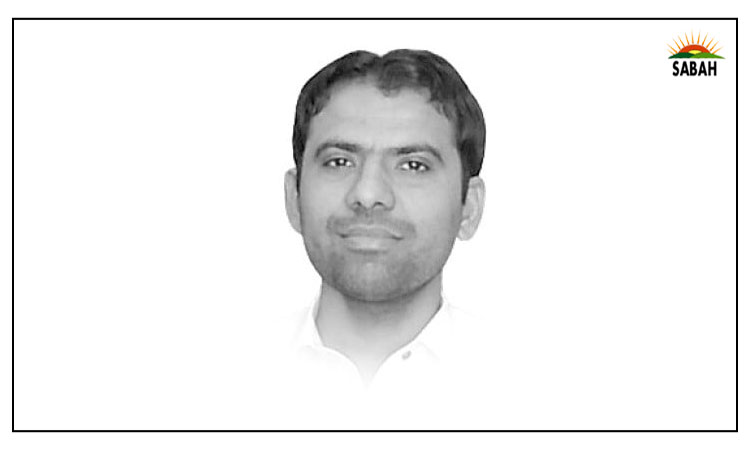Deteriorating state of education: a crisis ignored ۔۔۔۔ Gulab Umid
The educational landscape in Pakistan paints a bleak picture of neglect, incompetence and systemic decay. Education, a cornerstone for any progressive society, has been relegated to a secondary concern by those in power, leaving millions of children devoid of basic learning opportunities. The depth of this crisis threatens to destabilise the nation’s future, creating a generation unprepared to tackle modern challenges.
A major contributor to this downfall is the government’s disregard for education. While many countries prioritise educational investment for long-term development, Pakistan allocates barely 1.7% of its GDP to the sector. This paltry funding leads to crumbling infrastructure, outdated learning materials, and a shortage of qualified educators. The government’s failure to elevate education to its rightful priority has caused irreparable damage to the country’s social fabric.
Adding to this deplorable situation is rampant corruption and mismanagement. Educational institutions have become political battlegrounds, where appointments hinge not on merit but on personal or political connections. This disregard for professionalism has compromised the quality of teaching. Instead of nurturing young minds, many teachers focus on maintaining political allegiances to secure their positions. This has contributed to the rapid decline of academic standards across the country.
Moreover, teachers in Pakistan are often pulled away from their core duties to serve in various non-educational government campaigns, ranging from voter registration to polio vaccinations. These interruptions disrupt the school year and further diminish the quality of education. The long-term impact is that students are left without the guidance and instruction they need to succeed, perpetuating cycles of ignorance and poverty.
Moreover , the absence of a standardised curriculum across Pakistan further worsens the problem. Educational inequality is deeply entrenched, with public, private and religious schools offering vastly different levels of instruction. This disparity results in an uneven playing field, where only a privileged few receive quality education, while millions are condemned to subpar schooling. The consequences are dire, fostering social division and perpetuating inequality.
Statistics paint a harrowing picture. According to a recent report from the Pakistan Institute of Education, out of 71 million children aged between 5 and 16, a staggering 36 million are out of school. Almost half of the country’s children have been abandoned by a system that was supposed to safeguard their futures. Even more alarming is that 53% of these out-of-school children are girls, highlighting the gender disparity that continues to plague Pakistan’s educational framework.
The situation is particularly grave in rural and underserved areas. In certain districts of Balochistan, up to 92% of children are out of school, while some areas in Khyber-Pakhtunkhwa report figures as high as 91%. In Punjab alone, 11.73 million children are out of school, with Sindh, Khyber-Pakhtunkhwa and Balochistan adding millions more to this figure.
Despite a marginal improvement since 2016 – when 44% of children were out of school – the current numbers remain a national disgrace. Pakistan’s educational infrastructure, with just over 313,000 schools, is woefully inadequate to accommodate the growing population. The student-teacher ratio stands at 1:39, far below global standards.
The consequences of this educational collapse are far-reaching. Pakistan’s economic woes, social inequalities and political instability are all linked to an undereducated population. Without drastic reforms, the nation’s youth will continue to be ill-equipped to navigate the complexities of the 21st century, perpetuating poverty, unrest and underdevelopment.
Pakistan’s future hangs in the balance. Immediate reforms beginning with a commitment to prioritize education are crucial to reversing this decline. Increased funding, eradication of corruption, hiring of qualified teachers, and equitable access to education are essential.
Courtesy Express Tribune












